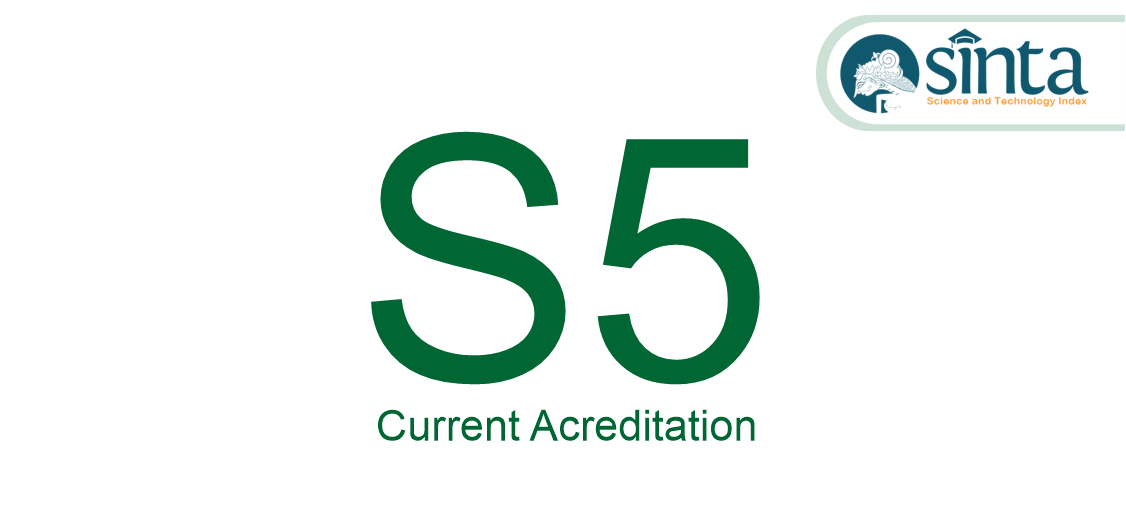The Farmers Participation in Agro-Tourism Development in Subak Jatiluwih, Penebel District, Tabanan Regency
Abstract
The development of subak as a tourist attraction will be in line with the development of Balinese cultural tourism, considering that both are developed based on Balinese culture. This is an effort to maintain the sustainability of subak while controlling the conversion of paddy fields and supporting environmental sustainability. Today's tourists prefer to see beautiful scenery. Agrotourism is one type of tourism that utilizes agricultural business as a tourist attraction. One of the efforts made to continue to develop tourism but still maintain the existence of subak itself is to combine these two things into a new tourist attraction. The attraction that can be developed by combining tourism with agriculture is through the concept of agrotourism. Agrotourism is a tourism development that offers farmer activities in the fields as a tourist attraction. Not only the activities, but the use of agricultural products can also be used as agro-tourism-based tourism products. This research was conducted with the following objectives (1) How is the participation of farmers in the development of agro-tourism and (2) the factors that influence the participation of farmers on the development of agro-tourism. This research was conducted in Subak Jatiluwih, Penebel District, Tabanan Regency. The location of this research was determined purposively on the basis of the consideration that Jatiluwih Subak is one of the subaks targeted for agro-tourism development. The number of samples in Subak Jatiluwih is 199 people. The highest farmer participation is in the 80.2% agro-tourism development planning.
Authors who publish with this journal agree to the following terms:
- Authors retain copyright and grant the journal right of first publication with the work simultaneously licensed under a Creative Commons Attribution License that allows others to share the work with an acknowledgement of the work's authorship and initial publication in this journal.
- Authors are able to enter into separate, additional contractual arrangements for the non-exclusive distribution of the journal's published version of the work (e.g., post it to an institutional repository or publish it in a book), with an acknowledgement of its initial publication in this journal.
- Authors are permitted and encouraged to post their work online (e.g., in institutional repositories or on their website) prior to and during the submission process, as it can lead to productive exchanges, as well as earlier and greater citation of published work (See The Effect of Open Access).
 Abstract viewed = 243 times
Abstract viewed = 243 times
 pdf downloaded = 277 times
pdf downloaded = 277 times




